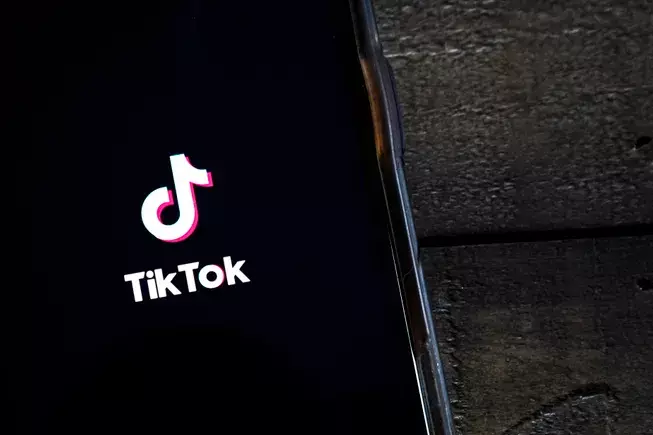As of Saturday afternoon, TikTok users in the United States received an unsettling notification: the app would be temporarily unavailable due to a new law enforced by the U.S. government. The government has mandated that TikTok, owned by the Chinese company ByteDance, must either be sold to an American conglomerate or face complete shutdown in the U.S. The looming deadline for compliance is midnight tonight, leaving little room for maneuvering. Despite the company’s assurances that they are exploring options to remedy the situation, the legal weight of this action seems insurmountable at the moment, marking a significant moment in the ongoing saga of international business and app governance.
The stakes were raised last Friday when the Supreme Court upheld the “Protecting Americans from Foreign Adversary Controlled Applications Act.” This ruling appears to solidify the government’s stance on foreign-owned applications that are viewed as potential threats to national security. TikTok’s last glimmer of hope for appealing this regulation with legal recourse has flickered out, leaving them scrambling to find a solution in a decidedly hostile environment. The law’s stringent requirements do not just impact TikTok; they were also meant to regulate the operations of related applications such as CapCut and Lemon8, amplifying the implications of this legislative decision on multiple fronts.
In a surprising turn, the attention soon shifted towards the incoming administration. Donald Trump, now unexpectedly positioned as a potential ally for TikTok, hinted that he might grant a 90-day reprieve to negotiate a viable alternative. Conflicted sentiments arise as this marks a significant pivot from his earlier stance during his presidency. Initially, he aimed to ban TikTok completely, citing national security threats linked to Chinese ownership, particularly in light of the COVID-19 pandemic. However, back then, his administration struggled to substantiate these claims, yielding a short-lived pursuit to shutdown the app.
Fast forward to now, Trump’s newfound enthusiasm for TikTok—a platform where he gained substantial visibility—has fueled speculation about a potential turnaround for its fate in America. Nevertheless, the reality remains that Trump cannot intervene effectively until his inauguration, casting doubts on the extent to which he can influence the situation before official swearing-in occurs.
The outgoing Biden administration had previously abandoned the aggressive push for a TikTok sell-off in 2021 due to a lack of substantial evidence that pointed directly to actionable threats posed by the app. However, security assessments continued to suggest that there were sufficient grounds for concern related to data privacy and potential propaganda. Reports indicate that Chinese entities had attempted to use the platform to influence public opinion and extract sensitive user information—all while remaining largely obscured from public scrutiny. In this complicated environment, it is portrayed that the Biden administration provided an unintentional route for the incoming Trump government to potentially save the app from a complete obliteration.
As this complex situation unfolds, TikTok’s future hangs in limbo. What seems evident is that TikTok is operationally on a pause and will only be absent from U.S. app stores temporarily—potentially for a couple of days—indicating that comprehensive influencer marketing strategies do not need an immediate overhaul. Future interactions will depend heavily on how Trump’s administration chooses to navigate this unfolding crisis while addressing the legal restrictions imposed by the new legislation.
The unfolding narrative includes crucial considerations regarding the sale of TikTok to a U.S. entity or party—likely supporters within Trump’s political sphere—as a possible solution to satisfy the law while ensuring the app remains accessible. This leverage plays into the complex interrelations between app governance, international politics, and the realities of digital media consumers in the U.S.
The situation with TikTok epitomizes the challenges posed by globalization, national security considerations, and the intricacies of digital engagement within the U.S. landscape. As stakeholders await the unfolding tweaks made by the incoming Trump administration, the prospects of negotiations seem hopeful yet uncertain. The possibility of TikTok returning to U.S. shores appears imminent, but the factors influencing governance, user experience, and broader implications cannot be overlooked. It remains crucial for all parties involved to navigate these waters thoughtfully, given the profound impact social media has on communication and culture on a global scale.

